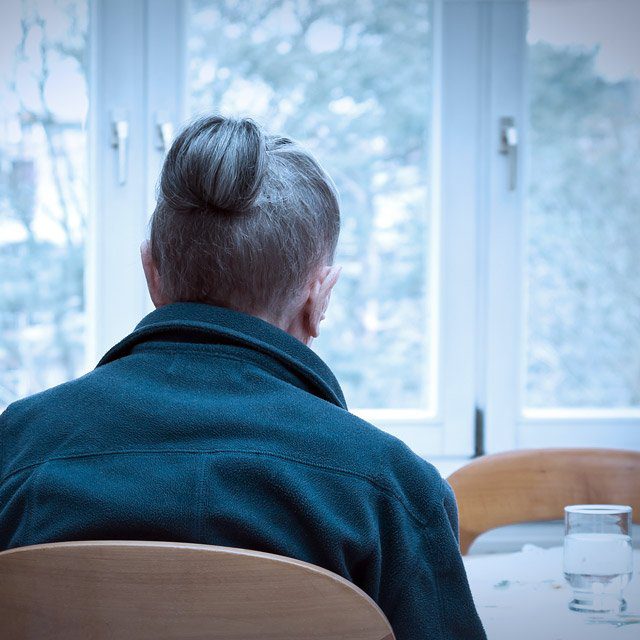Social Isolation Is a Dangerous Illness

Withdrawal from social activities: This could involve avoiding gatherings, canceling plans, or declining invitations to spend time with others.
Decreased communication: Less frequent contact with friends and family, shorter phone calls, and neglecting social media engagement could be signs of isolation.
Neglecting personal appearance: A loss of interest in maintaining personal hygiene, dressing up, or taking care of their home environment can be indicative of withdrawal.
Increased sleep or inactivity: Spending most of the day sleeping, lying in bed, or becoming less physically active than usual could point to social isolation.
Emotional Changes
Loneliness and depression: Persistent feelings of loneliness, sadness, and lack of enjoyment in activities are strong indicators of social isolation.
Anxiety and irritability: Increased nervousness, worry, and outbursts of anger or frustration can be reactions to the stress of isolation.
Loss of motivation and interest: Losing interest in hobbies, neglecting responsibilities, and feeling apathetic towards previously enjoyable activities may be signs of isolation.
Cognitive changes: Difficulty concentrating, forgetfulness, and confusion can sometimes be exacerbated by social isolation, especially in older adults.
Physical Changes
Changes in appetite and sleep patterns: Eating significantly more or less than usual, sleeping too much or too little, and disturbed sleep patterns can be linked to isolation.
Weakened immune system: Frequent infections and illnesses could indicate a compromised immune system due to social isolation.
Neglect of personal health: Skipping doctor’s appointments, neglecting medications, and poor self-care practices can be signs of isolation-related stress.
Social Changes
Struggles in social interactions: Difficulty communicating, awkwardness in social settings, and avoiding eye contact can point to the impact of isolation on social skills.
Loss of relationships: Strained relationships with friends and family, lack of new social connections, and feeling disconnected from their community could be indicators of isolation.
Increased reliance on others: Depending excessively on others for basic needs and activities, or becoming easily overwhelmed by social situations, can be signs of isolation.
These signs can vary in intensity and may overlap with symptoms of other conditions.
If you notice several of these indicators in yourself or someone you know, it’s important to reach out for support.
Early intervention and building social connections can significantly improve the situation.
Solutions
Family caregivers can help deal with older family members’ isolation by visiting those family members regularly.
Simply spending time with older family members has profound effects on their mental and emotional well-being.
Senior centers, group activities, volunteering opportunities and other community-based programs can also encourage social interaction.
Of course, video calls, social media and online communities now help many elderly individuals stay connected, even when friends and family are physically distant.
Finally, primary care providers should recognize that staying connected is part of wellness.
They can talk about talk about that at routine checkups, and they can encourage patients to eat with others as well as to eat a balanced diet.
Additional Resources
Here are some community resources you could recommend to clients and clients’ family caregivers.
AARP — Provides helpful information to seniors to help improve quality of life and provides access to Community Connection Tools.
Area Agencies on Aging — A network of over 620 organizations across America that provides information and assistance with programs including nutrition and meal programs (counseling and home-delivered or group meals), caregiver support, and more.
Eldercare Locator — A free national service that helps find local resources for seniors such as financial support, caregiving services, and transportation.
National Council on Aging — Works with nonprofit organizations, governments, and businesses to provide community programs and services.
National Institute on Aging — Provides materials on social isolation and loneliness for older adults, caregivers, and health care providers.
Bill Broich, co-owner of Annuity.com, also works as a content marketing strategist for financial professionals.
..
..
..
Credit: Adobe Stock




